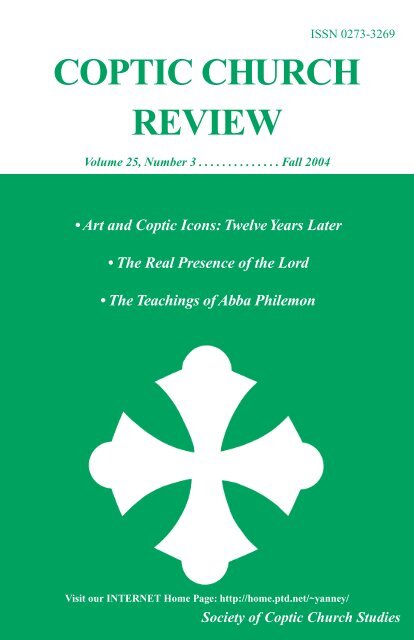
Many that are themselves guilty of the greatest crimes are forward to censure others for the most innocent and inoffensive actions, v. 2. These disciples plucked the ears of corn, and did eat ( v. 1) a little served them, and that which had no delicacy in it. Christs disciples ought not to be nice and curious in their diet, at any time, especially on sabbath days, but take up with what is easiest got, and be thankful.

Whether this circumstance be mentioned to intimate that this sabbath was thought to have some peculiar honour upon it, which aggravated the offence of the disciples, or only to intimate that, being the first sabbath after the offering of the first fruits, it was the time of the year when the corn was nearly ripe, is not material. Blessed be God we need not be critical in this matter. Whitby thinks is pretty clear, the first sabbath after the second day of unleavened bread, from which day they reckoned the seven weeks to the feast of pentecost the first of which they called Sabbaton deuteroproton, the second deuterodeuteron, and so on.

This story here has a date, which we had not in the other evangelists it was on the second sabbath after the first ( v. 1), that is, as Dr. Christ justifies his disciples in a work of necessity for themselves on that day, and that was plucking the ears of corn, when they were hungry on that day. Verses 1-11 These two passages of story we had both in Matthew and Mark, and they were there laid together ( Mt. 12:1 Mk. 2:23 Mk. 3:1 ), because, though happening at some distance of time from each other, both were designed to rectify the mistakes of the scribes and Pharisees concerning the sabbath day, on the bodily rest of which they laid greater stress and required greater strictness than the Law-giver intended. The sermon that he preached to his disciples and the multitude, instructing them in their duty both to God and man ( v. 20-49). His curing the multitudes of those under various diseases who made their application to him ( v. 17-19). His calling his twelve apostles ( v. 13-16).

His retirement for secret prayer ( v. 12). Here is a proof of the lawfulness of works of necessity and mercy on the sabbath day, the former in vindication of his disciples plucking the ears of corn, the latter in vindication of himself healing the withered hand on that day ( v. 1-11). In this chapter we have Christs exposition of the moral law, which he came not to destroy, but to fulfil, and to fill up, by his gospel.


 0 kommentar(er)
0 kommentar(er)
